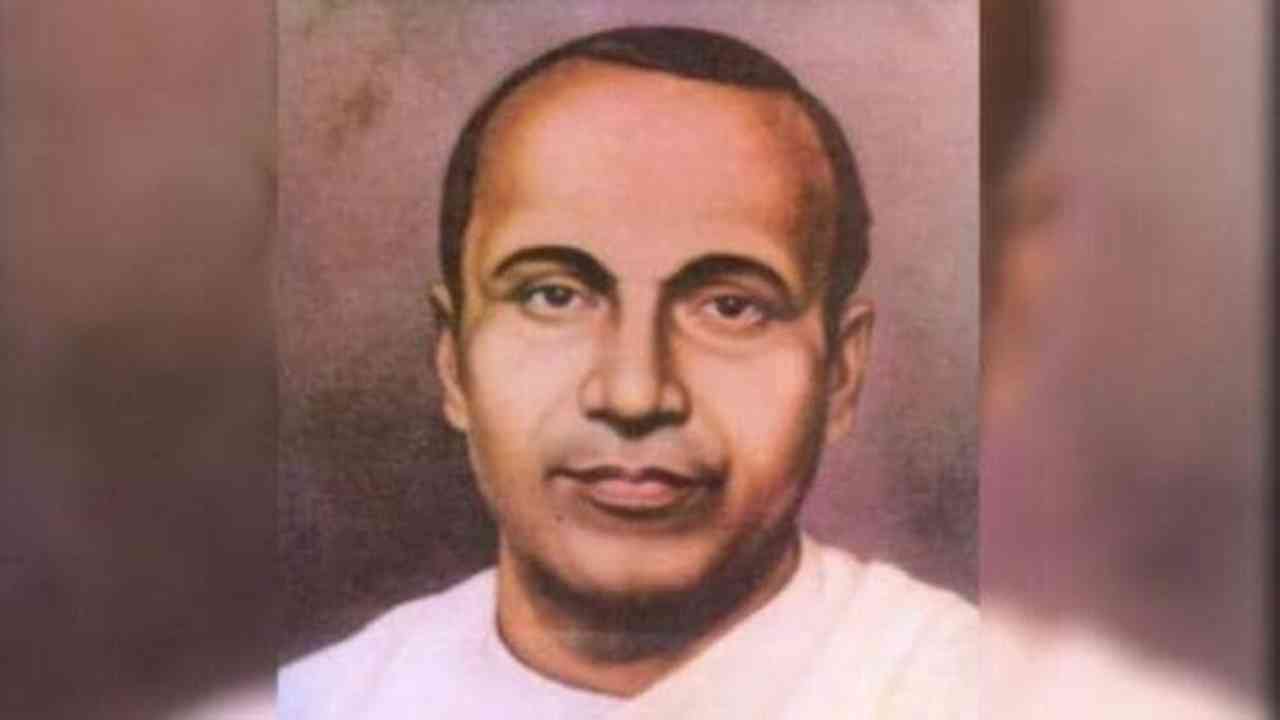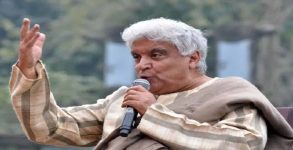Jaishankar Prasad (30 January 1889 – 15 November 1937) was a prominent figure in modern Hindi literature as well as Hindi theatre. Prasad was his pen name.
Prasad started writing poetry with the pen name of ‘Kaladhar’. The first collection of poems that Jai Shankar Prasad penned, named Chitradhar, was written in Braj dialect of Hindi but his later works were written in Khadi dialect or Sanskritized Hindi. Later on, Prasad promulgated ‘Chhayavad’, a literary trend in Hindi literature.
The poems and plays of Jai Shankar Prasad, the originator of Hindi Chhayavad era, are discussed a lot, but for the first time modern writing in Hindi was initiated in his stories. Village, Ghisu, Anjaneya, Akashdeep, Aandhi, Indrajal, Urvashi, Gunda, Pralay and the last story Salvati still look absolutely contemporary and vivid. The inspiration behind this was his personal miserable life and Banarasi lifestyle. When he was studying at Queen’s College in Banaras in the seventh grade, his father’s death broke his academic life. Three years later, the death of mother, then brother and wife completely shook him. The responsibility of running the shop fell on him, sitting there he started writing balloons of his feelings in the form of poems on scrap papers and from here he served Hindi literature through his expressions throughout his life. In his last days when he was ill,his special friends tried a lot to get treatment outside Banaras, but he never accepted to leave Kashi. He breathed his last on November 15, 1937, at the age of 48. During that time thousands of people gathered at Harishchandra Ghat for his funeral.
Prasad was the editor of Jagran fortnightly letter
According to the book of his friend Vinodshankar Vyas, who wrote the biography of Prasad, in February 1929, the first issue of Jagran fortnightly letter started from the book temple in Banaras. The editor who edited it, Prasad ji had given its name Jagran. In this he wrote that impurity, false and vicious character should not be the object of art. Later this letter was edited by Munshi Premchand.
The power of the heart established over the intellect
According to Dr. Mukta, granddaughter of Acharya Ramchandra Shukla and litterateur, Prasad ji was very vocal in his stories. The status of women in Mamta and Jinsu shook people’s hearts and these stories are logical even today. According to Professor Satyapal Sharma, litterateur of the Hindi department in BHU, in Kamayani, he established the power of the heart by emphasizing on the harmony of the heart with the intellect. In the twentieth century, the sensibility of which man was falling victim, Prasad ji tried to remove it from his literature.
Did not take money from any magazine
Prasad ji did not accept the money received from any newspapers and magazines in the form of awards in his literary life. An amount of Rs 500 was received from Hindustani Academy and Rs 200 from Nagari Pracharini, that too was handed over to Nagari Pracharini. Apart from this, he did not accept to recite poetry in any poetry conference or to be the chairman of any assembly.
Shukla ji, Prasad and Munshi ji came together for the first time in 1933.
Jawaharlal Nehru, Kamala Nehru, Sampoornanand, Acharya Ramchandra Shukla, Munshi Premchand and Jaishankar Prasad met together for the first time in 1933 at the meeting of the Prasad Complex in Banaras. In this meeting, Nehru had said that Hindi also has to do more work for prosperity like the Bengali language. Later on this Suryakant Tripathi Nirala wrote that in a meeting where Acharya Shukla, Munshi ji and Prasad had been witnesses, such words are not practical for Hindi.
Munshi Premchand and Prasad ji may have differed in their writing approach, but there was a much better synergy between the two. When Prasad ji wrote the skeleton, Premchand became intimately attached to him. Whatever character Prasad played in his life, he gave it the form of literature. He has best portrayed the living and lifestyle of Banaras. His principles were related to Shaivism, on the basis of which he composed Kamayani. Patriotism and political aspects are seen in his plays. He also showed interest in film making in his late days, but it could not be completed.


















